There are sore losers and then there’s Venezuela’s Nicolás Maduro. The socialist president has ruled the South American country for eleven years, and despite opinion polls — and now physical vote tallies from the presidential election — proving that he’s not as popular as he wants to be, he seems to really want to stay in his job.
So much so, that there are reports Maduro’s regime may be plotting the arrest of the man who is not only beating him in the popularity contest, but appears to have thrashed him at the polls: Edmundo González. A similar scheme is reportedly being hatched against Maria Corina Machado, the woman whom González replaced on the ballot after she was banned from running.
The facade of democracy and justice that Maduro and his allies have been hiding behind is rather swiftly peeling away. The government-backed national electoral council claimed he won Sunday’s election with 51 percent of the vote, seven points ahead of González.
But the failure of Maduro and the country’s electoral authority to show any evidence for his supposed win — contrasted with evidence from the opposition that he lost — has left the authoritarian leader with nowhere to hide. Except, of course, his presidential palace, guarded by hundreds of military and police.
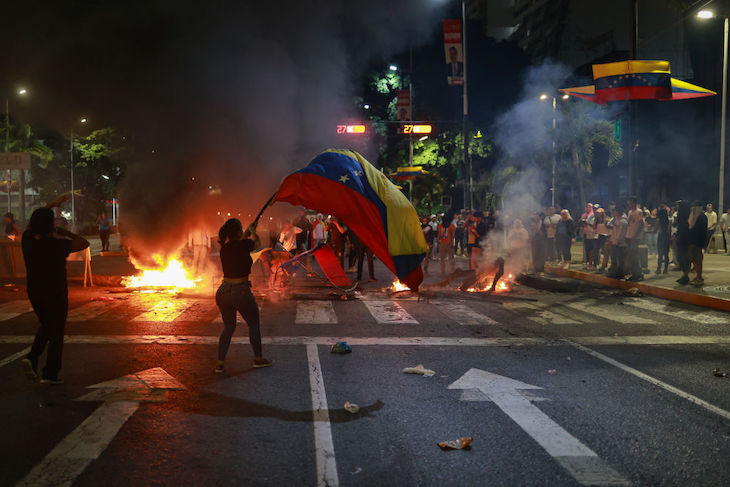
Maduro and his socialist government have never been known for being paragons of truth and integrity. But trying to mask what the opposition claim is a heavy defeat to his political adversary, Edmundo González, and blatantly failing, would catapult the Venezuelan leader to a whole new level of deceit.
Spontaneous protests against the “results” began with the banging of pots and pans — a common symbol of discontent in South American countries — and rapidly grew into a mass mobilization. Some people walked miles to the center from Petare, one of the capital Caracas’ poorest districts and a former bastion of government supporters. Disillusioned, and some enraged, they say they’re hungry not only for food, but for change.
More organized demonstrations across the capital, called by both the government and the opposition, also drew crowds from both sides.
But the waving of flags and beeping of horns at some of these gatherings has also been accompanied by tear gas, gunshots and colectivos — groups of radical and violent Chavistas loyal to the government on motorcycles and armed with weapons. Solid lines of soldiers barricaded some streets of Caracas during the protests. Some angry opposition supporters threw stones at them, accusing them of protecting the president, rather than the people. People scarpered at the retaliatory gunshots, unsure if they were meant to scare or to harm, and whether they were metal or rubber bullets. Others screamed and stood paralyzed, begging soldiers not to shoot.
The number of those who have died is now into double figures; most just teenagers or in their early twenties. Those detained are in their hundreds. Three members of the opposition bloc have also been taken by authorities.
In the run-up to the vote, and in protests just after the “result” was delivered, a familiar chant rang through the crowd: “This government is going to fall, this government is going to fall.” It reflected the high hopes of many Venezuelan people that twenty-five years of socialist rule was about to see its final days.
But as the opposition started presenting their evidence of government wrongdoing, with printed tallies from voting centres, the lyrics changed: “This government has already fallen,” they sang jubilantly.
While it hasn’t actually fallen, statues of his predecessor, the late Hugo Chávez have; protestors tore a number of them down in a symbolic act of wanting to erase a movement that some say has left them poorer than ever. Posters with Maduro’s name and face have been consigned to trash heaps or burned in fires.
The election result has left the authoritarian leader with nowhere to hide
Maduro’s government has branded Machado, González and those that support them as “fascists” and far-right extremists wanting to cause chaos in the country and spread hate. In a rather peculiar incident, it even falsely accused Marchado of being involved in a plot, along with hackers in North Macedonia, for trying to manipulate the results of the election. North Macedonia’s government says it hasn’t been contacted by the Maduro administration to look into the alleged wrongdoings.
Also slightly left field has been Elon Musk’s weighing in on the electoral dispute, although he is known for picking fights with foreign leaders. The X boss branded Maduro a “dictator” on the social media platform, and the “archenemy of Venezuela’s peace.”
More traditional forms of criticism have come in the form of statements, which have varied in their degrees of criticism. President Joe Biden called for transparency in publishing full results, but it was other Latin American nations who gave the harshest scoldings. Panamá was quick to announce it was putting diplomatic relations “on hold” until a thorough review of the voting tallies and the computer system was carried out. It subsequently withdrew its personnel from its embassy in Caracas. Venezuela responded by banning commercial flights with Panamá.
Strongly-worded statements from other Latin American countries, including Argentina, Perú and Chile, led to Maduro severing ties with them. Costa Rica was also on the list, and has offered persecuted opposition members, including Machado and González, asylum should they request it.
But it was statements from Venezuela’s leftist neighbors, Brazil and Colombia, that everyone was really waiting for. Now they too have called for full transparency and urged Maduro to release the complete election results. Maduro says he is intending on doing so, while failing to answer why he hasn’t done this already.
Inside the country, fears of what might happen next linger like dark clouds over the whole of the country. In the capital, the city’s metro system isn’t running and most shops and businesses are closed. Concerns about possible electricity cuts and stocking up on food and basic items fill social media chats.
The question everyone is asking — both in Venezuela and abroad — is what now? But the answer is one that no one yet knows, perhaps not even Maduro himself.
This article was originally published on The Spectator’s UK website.



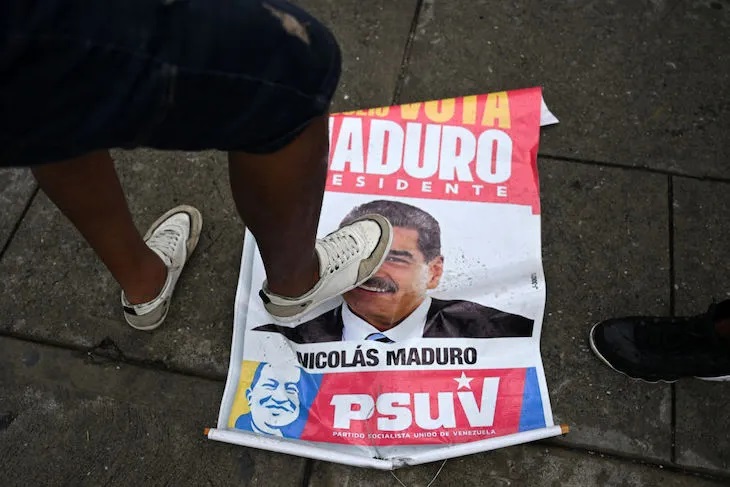







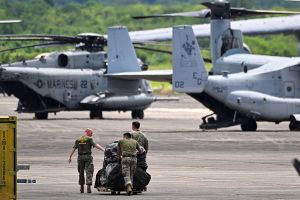
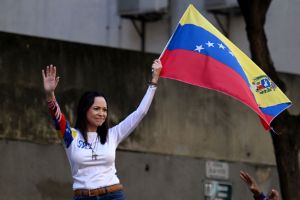
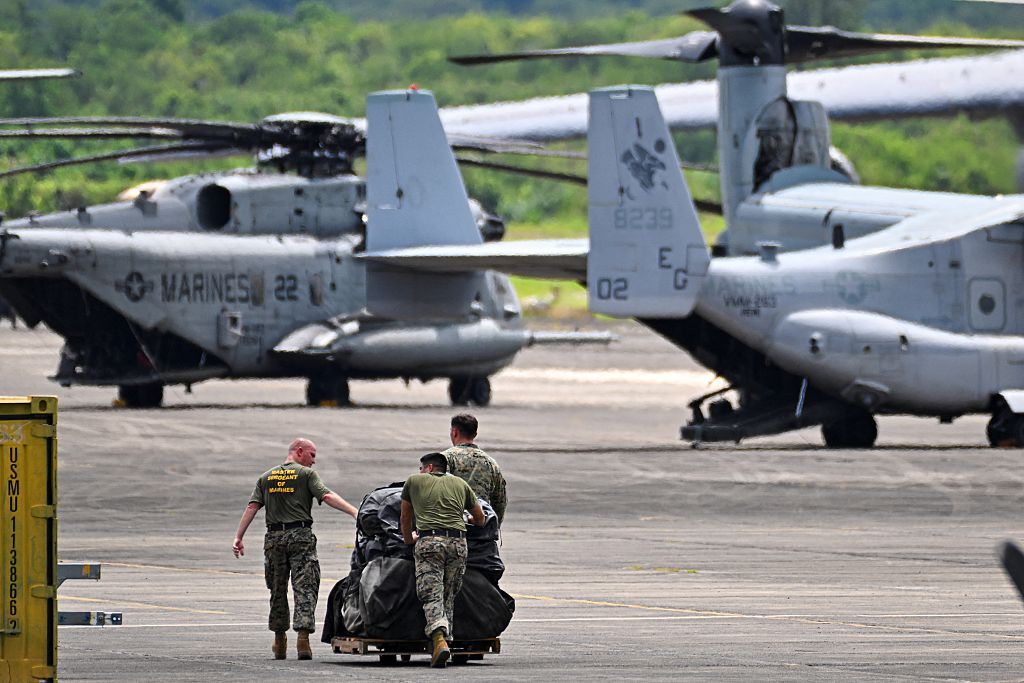
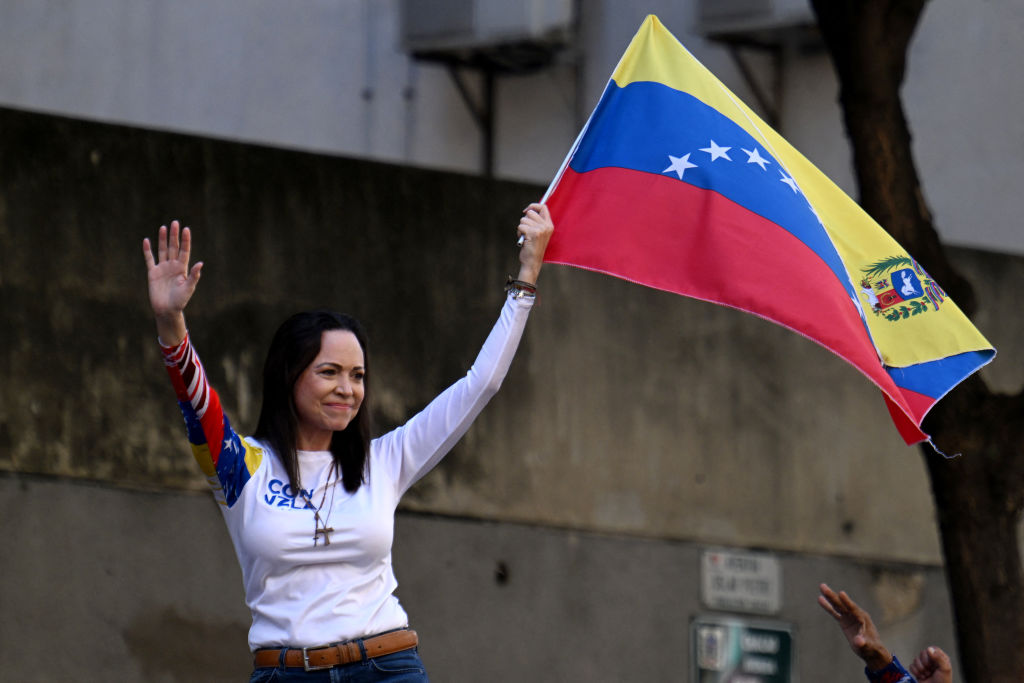

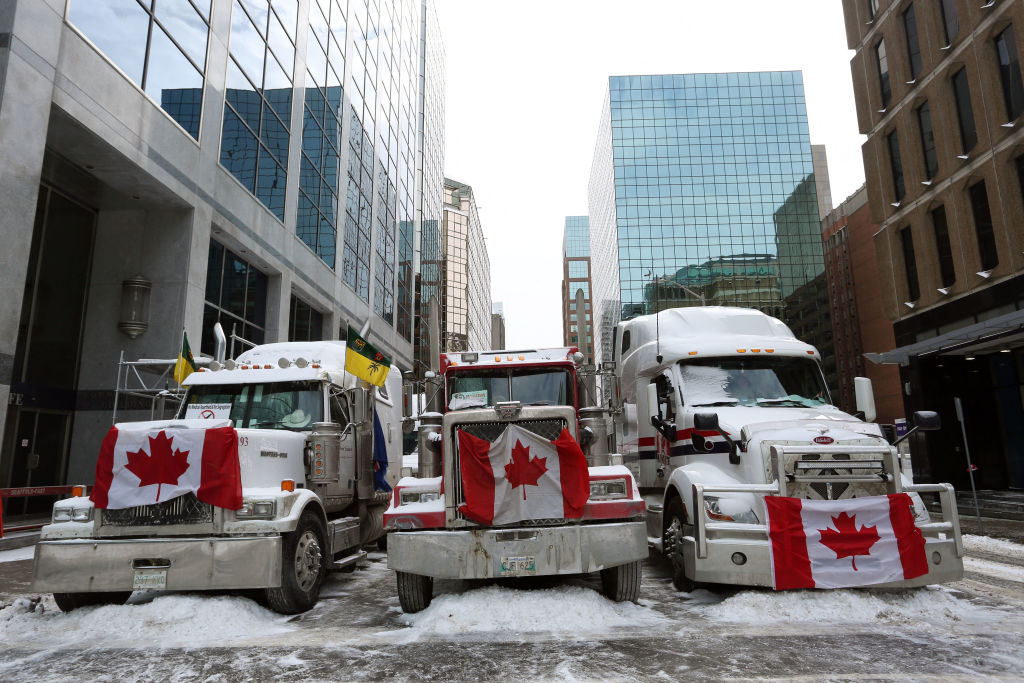
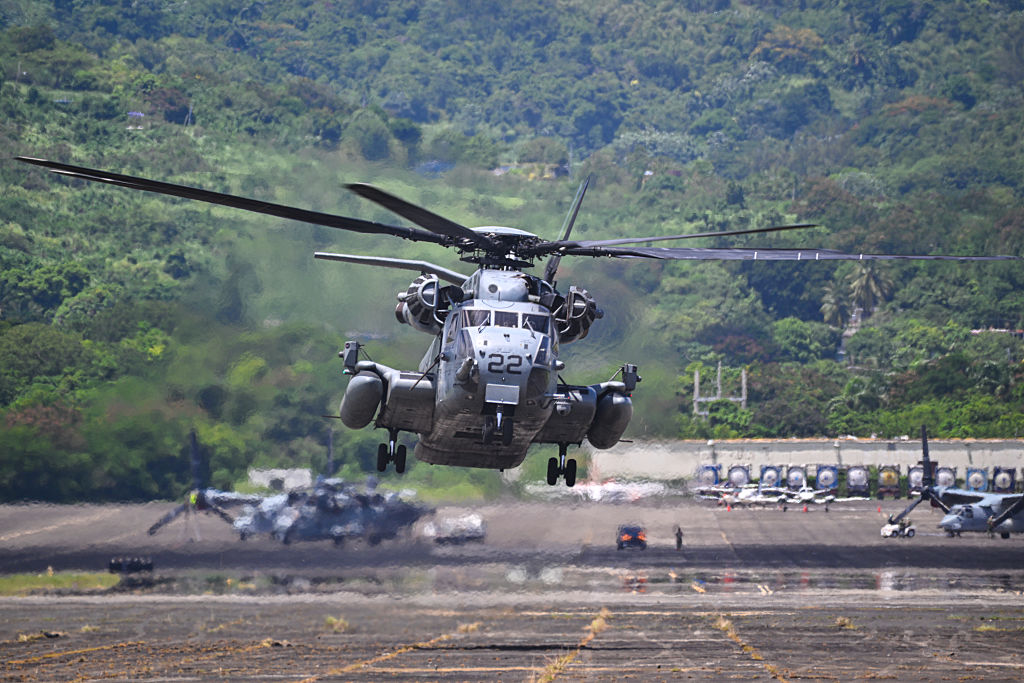
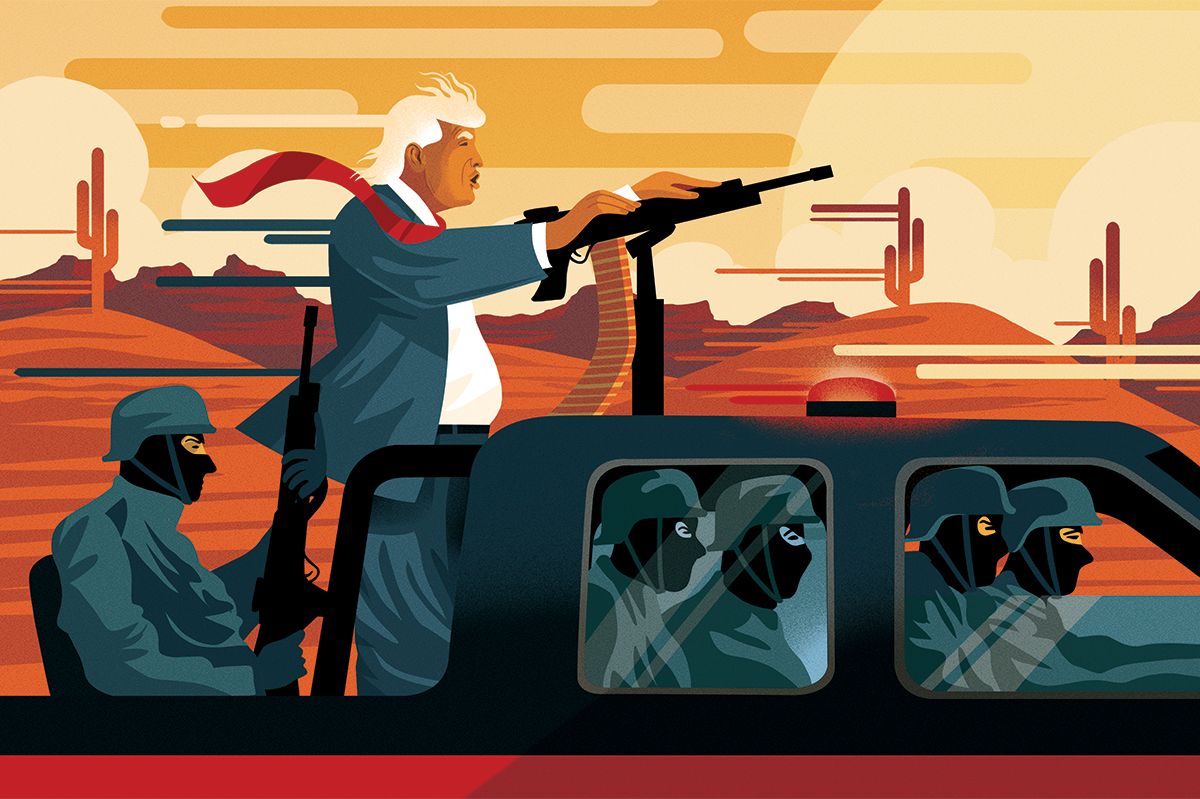







Leave a Reply